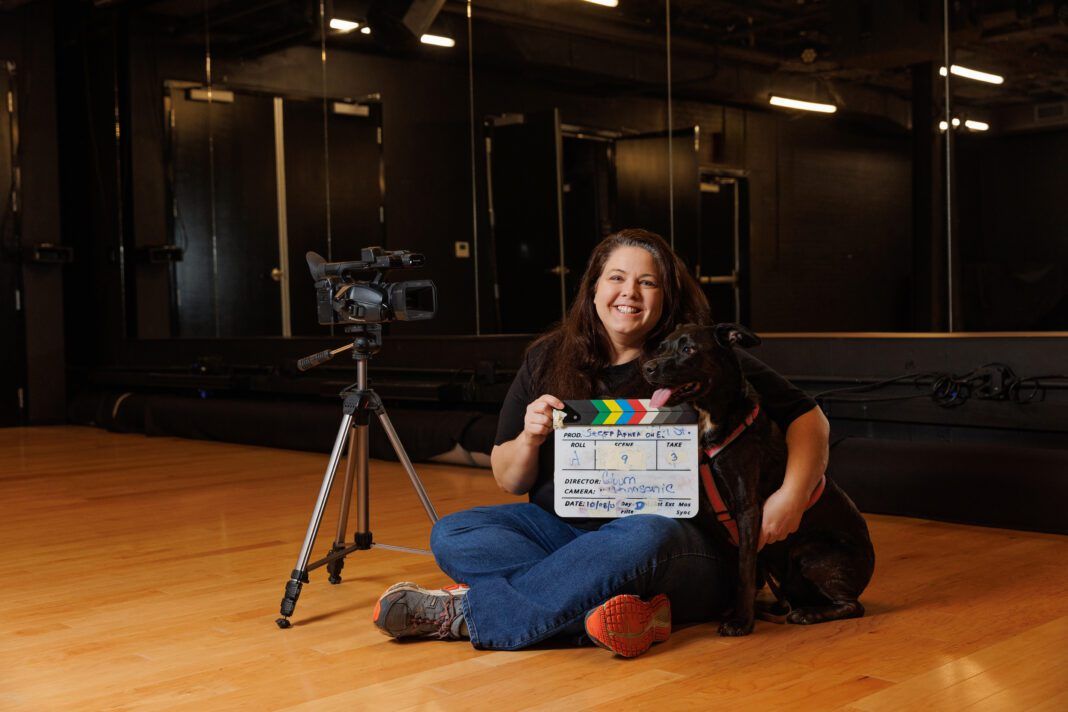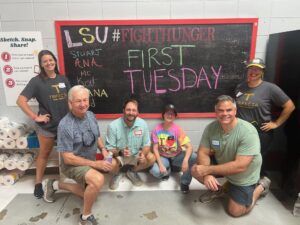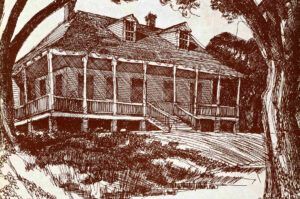
DeAnna Charett is working to empower veterans through the local film industry
U.S. Air Force veteran DeAnna Charett had heard the statistic. Around 22 veterans take their own lives every day in the United States. Charett didn’t want to become a statistic herself. But after a military career that included 10 years in the Air Force, 11 years in the Air Force Reserve and several years working for FEMA after Hurricane Katrina, Charett wasn’t coping any better with her PTSD.
With the film industry taking hold in Louisiana and as a black belt in taekwondo, Charett posted some martial arts pictures on a film site in hopes of getting involved in the industry. An acting agency reached out and helped her with the next steps in her career: getting headshots, enrolling in acting courses and creating a resume.
Charett began to see how acting classes gave her an outlet to better manage her PTSD. In addition, the structure on a film set seemed similar to the military, and Charett missed that structure.
Charett was encouraged to work on a documentary about homelessness among veterans. As a veteran herself, she felt she had a better chance at getting others to open up about the struggles they faced adapting to civilian life.
In 2020, she started her own production company, Bad Habitz Productions. A nonprofit, Bad Habitz Organization, came next in 2021. The name is a nod to all the idiosyncrasies that veterans pick up while in the military.
Bad Habitz Organization provides free training to veterans. Charett provides all the equipment, and instructors teach courses on acting, script writing, set lighting and more.
“The idea is to connect them with people and put them in a place where they feel comfortable with other veterans,” Charett says. That often leads to conversations about things they experienced in the military. The veterans can channel those feelings into a script or a song, and it helps them work through struggles in a supportive environment.
Once they have the film skills, their names are registered with their city’s film commission, and they can work in the industry as independent contractors. “It’s an easy transition. The best thing about it is they are their own boss,” Charett says.
Bad Habitz Productions has pledged to hire veterans to fill 60 percent of cast and crew positions on each production. Currently, Charett is starting her first feature film production, The Saint of Cairo.
“Leveraging the structured work ethic and diverse skillset of veterans in the film industry not only enhances productions but also fosters a unique collaborative environment,” she says. “It’s a win-win for veterans and the film community.”











